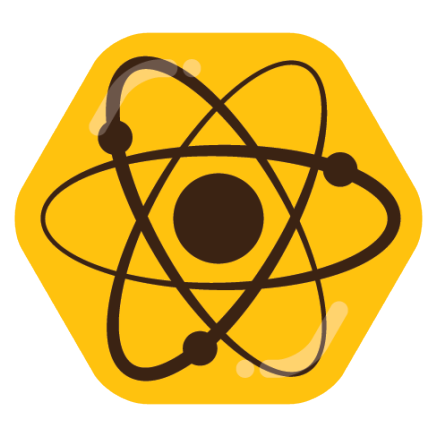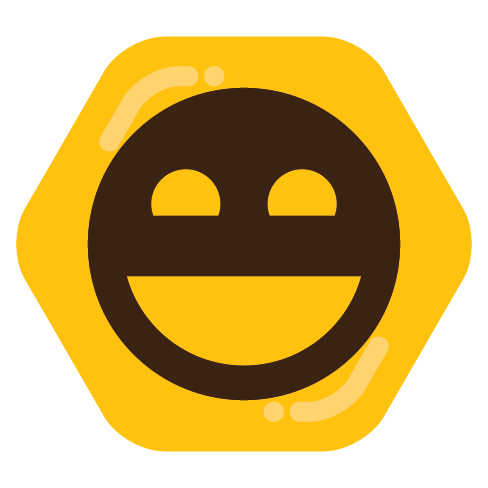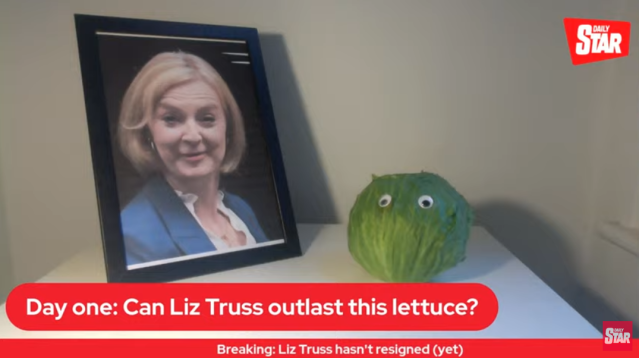

Thanks for this breakdown, I can see why people are protesting. The situation is fucked


Thanks for this breakdown, I can see why people are protesting. The situation is fucked


No it won’t. Eco-fascist rhetoric like this is unproductive because it ignores the fact that the people who are most shielded from the harms of climate change are the ones most responsible for it.
Billionaires and others who are profiting most from pillaging the planet’s resources are not the ones at risk here.
(N.b. I am not calling you an eco-fascist, just that this framing is commonly used by eco-fascists. Part of why I highlight this is because your use of this rhetoric may not be intentional)


Who is David Kinne and what did he do?


I was agreeing with you for the entirety of your comment (as someone with friends in healthcare), until you said
“What they call burnout, really is moral injury”
And then I was aggressively agreeing with you. I do not hear this aspect spoken about nearly enough. I was in hospital during COVID for non COVID reasons and I remember one terrible night where there was only one nurse on the ward, when two were needed to dispense medications like morphine. I was fortunate that I wasn’t needing medication like that, but many on the ward did. The entire night, sick and injured people were crying from pain as the solitary nurse sounded increasingly desperate as she explained to them that she needed to wait until she had backup and that she had been promised (and that, failing that, help should definitely arrive with the morning shift).
Prior to that night, my opinion of that nurse was that she was the kind of unpleasant that made me wonder “why has this person gone into healthcare when they seem to hate people so much?”. After that harrowing night, I realised the depth of the agony that her job involved and the inhumanity not just for the patients who were unable to receive medication, but for staff like her too. This was during COVID, so it’s unsurprising that the hospital was struggling for staff, but services were struggling long before COVID too.
I often think about her, and what she represents; I wonder how she was when she first started the job, and if perhaps her brusque manner evolved as the moral injury wore her down and hardened her exterior.


I got the impression from the summary that “broadly welcomed” may include opinions like “there’s a lot of work to do on the implementation front, but this sounds like a step in the right direction”, as is common when there’s a big and complex problem. Unions are used to being given loads of assurances at the beginning when policies are declared, and then gradually over time, the concessions in a bill get eroded. “Broadly welcomed” could mean that 27 of the unions have sentiments that are roughly 65% positive on this, and 1 of them (the quoted one) is 60% negative. In this case, maybe including a quote from the mostly negative union also captures some of the sentiments of the 35% negatives from the main bulk. If this is the only quote included, it is weird, but I imagine the full article has more perspectives.
Edit: Reading the full article deepened this impression — apparently this is a big enough endeavour that it’s expected to be on the drawing board for at least 2 years? Another union (TUC) said that “this bill highlights Labour’s commitment to upgrade rights and protections for millions” — language like “highlights Labour’s commitment” is fairly fluffy, which suggests to me an angle of “starting this early in your elected window bodes well for your intentions, hopefully we can keep this up for long enough that we get a practical change”
In addition, the union who gave the negative quote are a small businesses union, and whilst I’m definitely on the side of the workers over businesses, I also think it’s important to recognise that legislation like this tends to put a disproportionate burden on small businesses compared to the mega-corporations (who can lobby more and also absorb impacts easier).
This announcement is good news, but Starmer has moved the goalposts on past promises so many times that any optimism I might feel is tempered by a “I’ll believe it when I see it”. Time will tell, I suppose. !Remindme 2 years (this is a joke, I don’t think Lemmy has a RemindMe bot)


That’s actually helpful, thanks


Seconding the FOSS advice from the perspective of a fellow learner.
I’m a scientist first and foremost, so I’m learning programming on the side. A lot of code that’s written by scientists is pretty grim, so attempting to understand and contribute to FOSS projects has been useful in understanding how a complex project is organised, and how to read code as well as write it.
Contributing can be pretty small, even opening a git issue for a problem, or adding some info to an existing issue. You won’t be able to just dive in and start solving problems all over, and it can feel overwhelming to try as a relative beginner, but it massively improved my skills.


I really respect people who edit comments to acknowledge when they’re wrong, but leave the original mistake intact (but usually strike through). Like this:
I delete my comments when I’m proven wrong because it’s embarassing and I don’t want to perpetuate misinformationActually, I’m leaving my mistake up, because then people can follow the conversation easier and see how I came to realise I was wrong


“In Sweden, having drugs in the bloodstream is punishable with prison”
Oh wow, I didn’t know that


What do you expect her to do instead?


What’s your favourite scent/scent note? (Either scent to work with if you make perfumes, or just something you personally enjoy for your own use)


I need to add that to my quotes book, it’s great
I can’t help but wonder whether some people are aiming to scapegoat her. Like, this is a huge trial, with many defendants (I’m unsure whether anyone else besides her was sentenced to death at the first trial), but maybe pinning more stuff on her will make others (who may be more culpable for some of the charges than she is) less likely to get the death penalty.


“helping” seems like an odd word to use for “threatened at gunpoint”.


As we saw with the COVID pandemic, even in “1st world countries”, poorer people were disproportionately affected. Fewer humans won’t help when the majority of harm to the Earth is perpetuated by a small fraction who would be disproportionately represented in a world where the majority of people died.
I sympathise with your sentiment, because it often does feel like humans are the problem, but the reality is that we’re not. Although it can feel weirdly comforting to think of humans as inherently and innately destructive, thinking this way is a pipeline to eco-fascism, which doesn’t offer productive ways forward.


I would love to be a kid sitting in this with it packed up but my head poking out.



The lettuce.
It’s great because it started out as a sarcastic joke, but as her premiership progressed, there was a sense of dawning hilarity as we realised that she actually wasn’t going to outlast the lettuce.


Sorry to reply to this so late, I procrastinated because unfortunately my answer is that I don’t know of any communities, perhaps because I’m a scientist who loves maths rather than a mathematician.
However, I will use this opportunity to share some fun stuff from people I like.
https://youtu.be/H0Ek86IH-3Y by Oliver Lugg on Youtube is great. His channel is very eclectic though, and there isn’t much pure maths. I love his shitposting tone though, and he has a discord community that were pretty mathsy when I was in it.
A blog-type site that I enjoy is Tai-Danae Bradley’s https://www.math3ma.com/about, largely because I’ve discovered many other cool researchers through her site.
I also really enjoy Eugenia Cheng’s books, especially as someone who is interested in understanding how to write good scientific communication that is accessible without “dumbing things down”. I recently finished “The Joy of Abstraction”.
Apologies that this isn’t what you actually were looking for. I share your distaste at Reddit: I have used Reddit occasionally for those niche communities that aren’t available elsewhere (yet!), but the atmosphere is increasingly toxic. I fear that smaller communities that flee are congealing in harder to discover places, like Discord.


deleted by creator
Yeah, I agree. Like in this case, I’d argue that the “common sense” approach to crime is the punishment model that’s prevalent. The measures that failed are common sense when you understand how the prison system actually works, but I don’t know how common that knowledge is